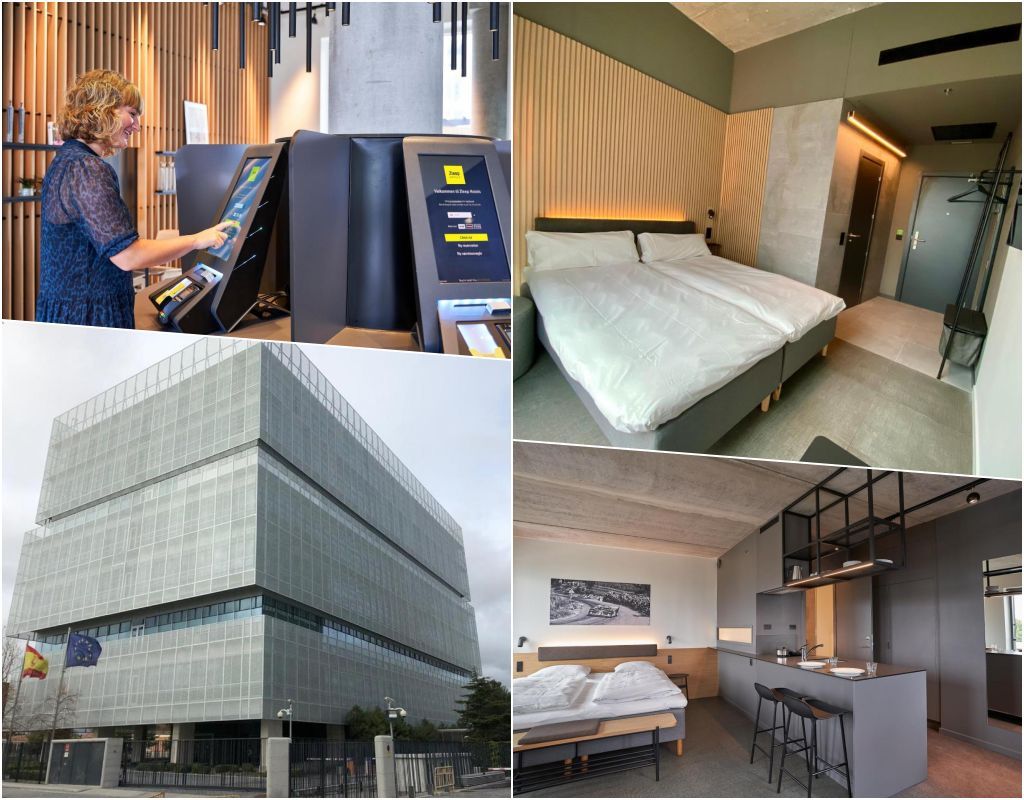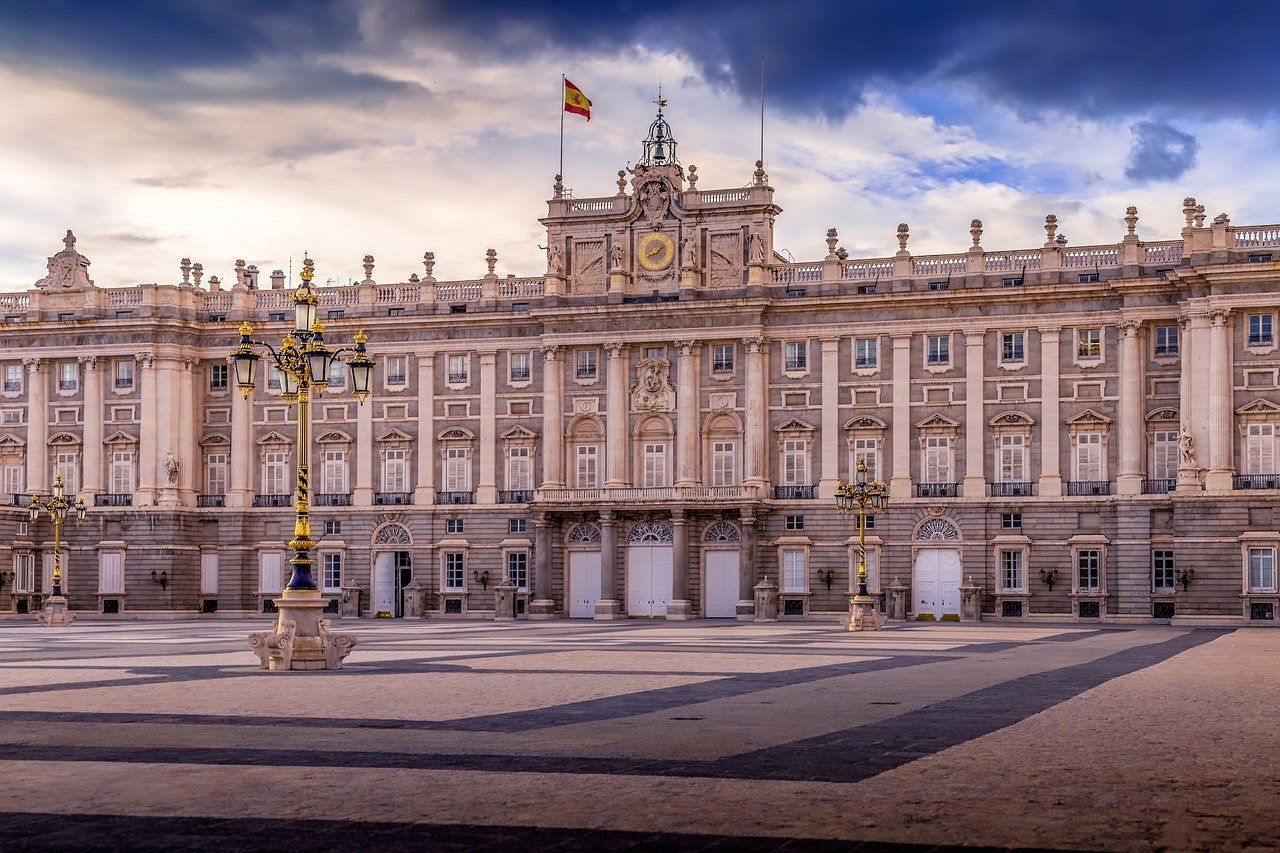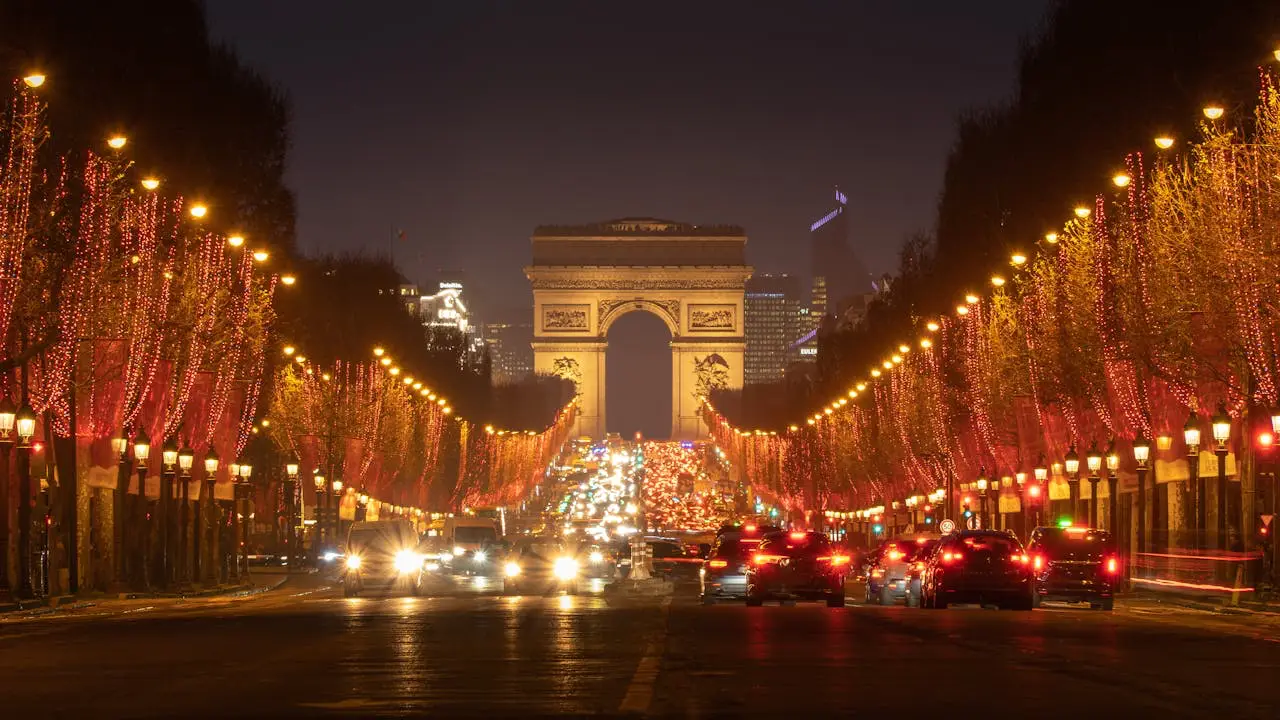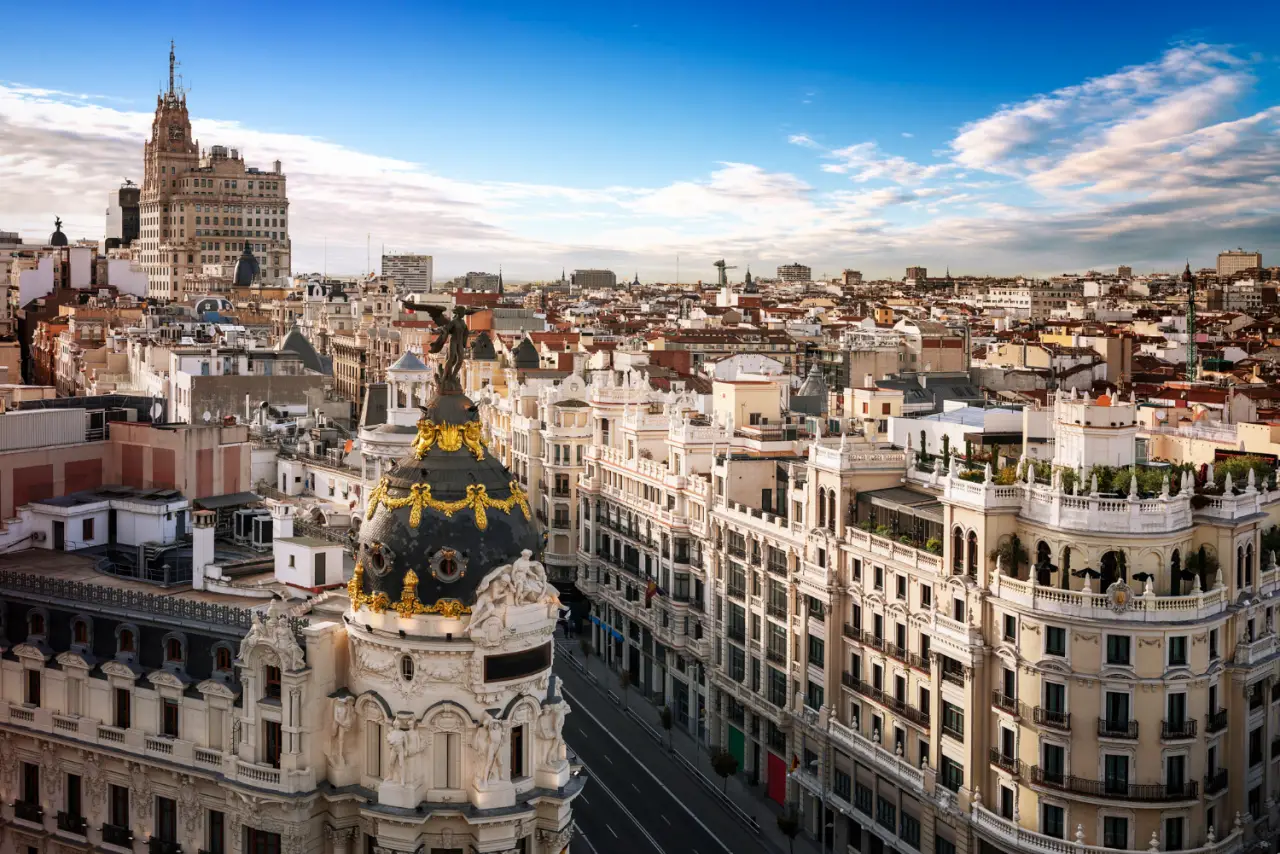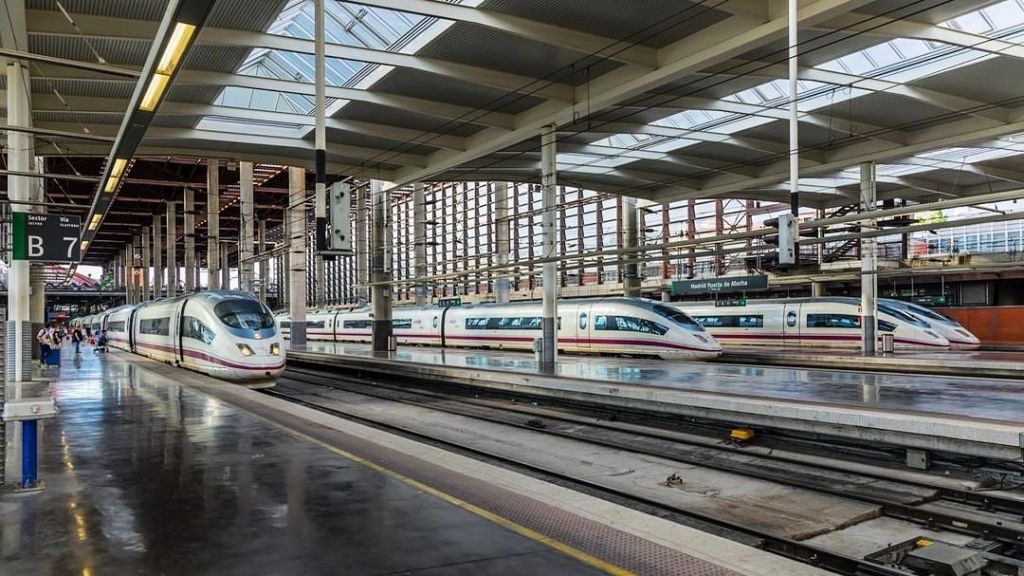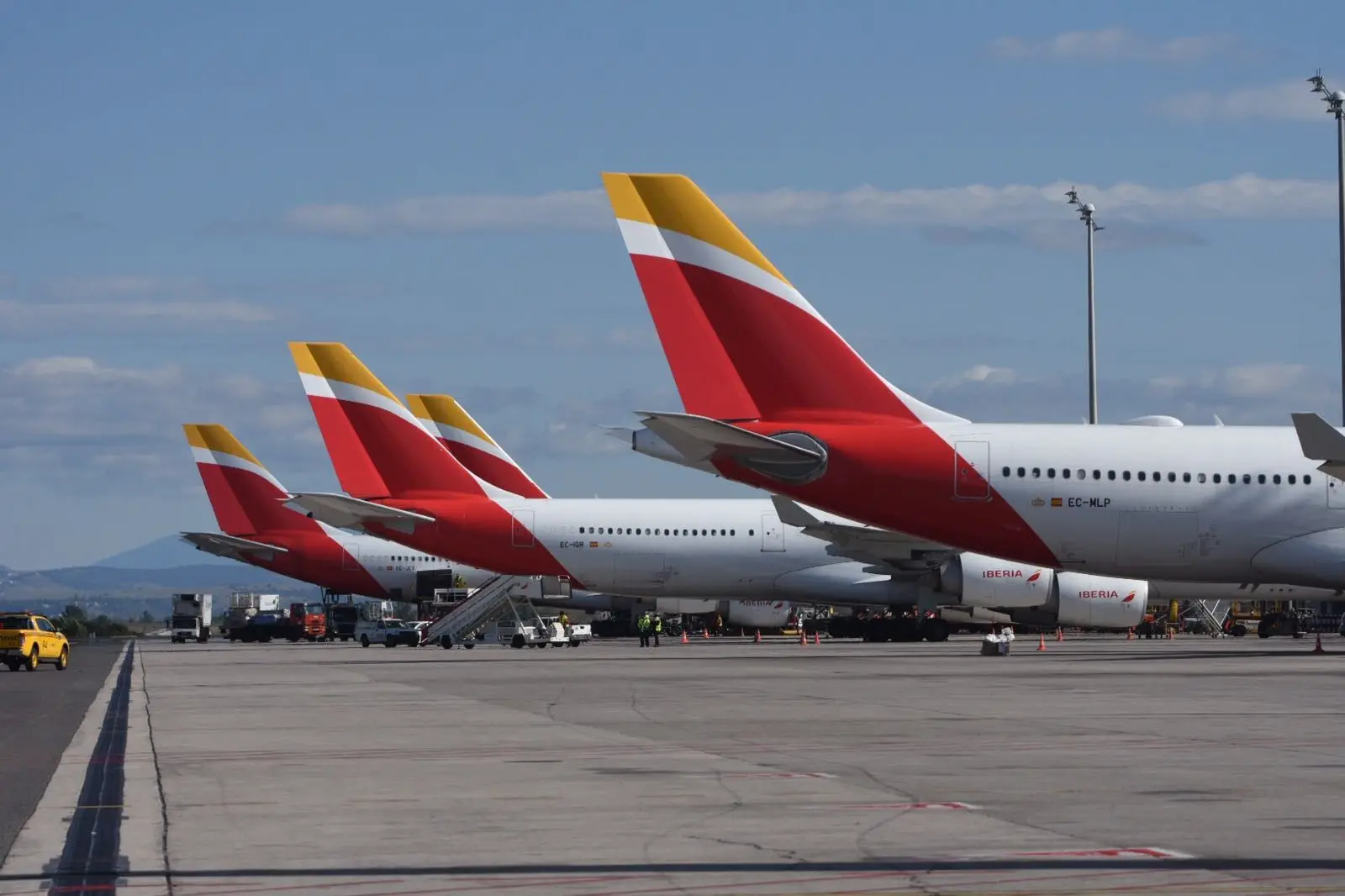The capital city of Spain, Madrid, has witnessed a significant surge in Chinese tourists. In the first seven months of 2023, Madrid welcomed 58,000 travelers from China, marking a staggering increase of 168.25% compared to the same period in 2022.
Notably, the number of flights between the two countries has grown by an impressive 300% since the beginning of the year.
This week, in a bid to further tap into this burgeoning market, Madrid’s City Council is actively promoting the city in China. This marks the first such promotional effort since the pandemic declaration. The promotional activities are part of the “Plan Asia” roadmap, which was established before China reopened its borders in January.
In collaboration with Air China, a presentation was held in Beijing to showcase Madrid’s tourist attractions to the airline’s top operators. This initiative aims to promote the new flight route connecting the two cities. Currently, Madrid has direct flight connections with five major Chinese cities: Shanghai, Hong Kong, Beijing, Chongqing, and Hangzhou.
Madrid’s tourism department also participated in ITB China, an international fair held from September 12-14 in Beijing. The city was promoted as a top European destination, highlighting its unique attractions, including newly opened museums like the Galería de Colecciones Reales and Legends: The home of football.
Furthermore, Madrid was showcased in two professional forums. The first was the China European Market Place, organized by the European Tourism Association (ETOA). The second was a networking event by Ctrip, one of China’s leading online travel agencies.
To directly appeal to potential visitors, Madrid’s City Council is launching marketing and advertising campaigns in the Asian market. Specifically, for China, an upcoming campaign titled “88 hours in Madrid” is set to roll out in October and November, aiming to increase the average stay of Chinese tourists in Madrid.
Additionally, a promotional campaign has been launched in Korea this September, featuring Madrid on 16 digital screens in Seoul’s metro system and on the social network, Kakaotalk.




